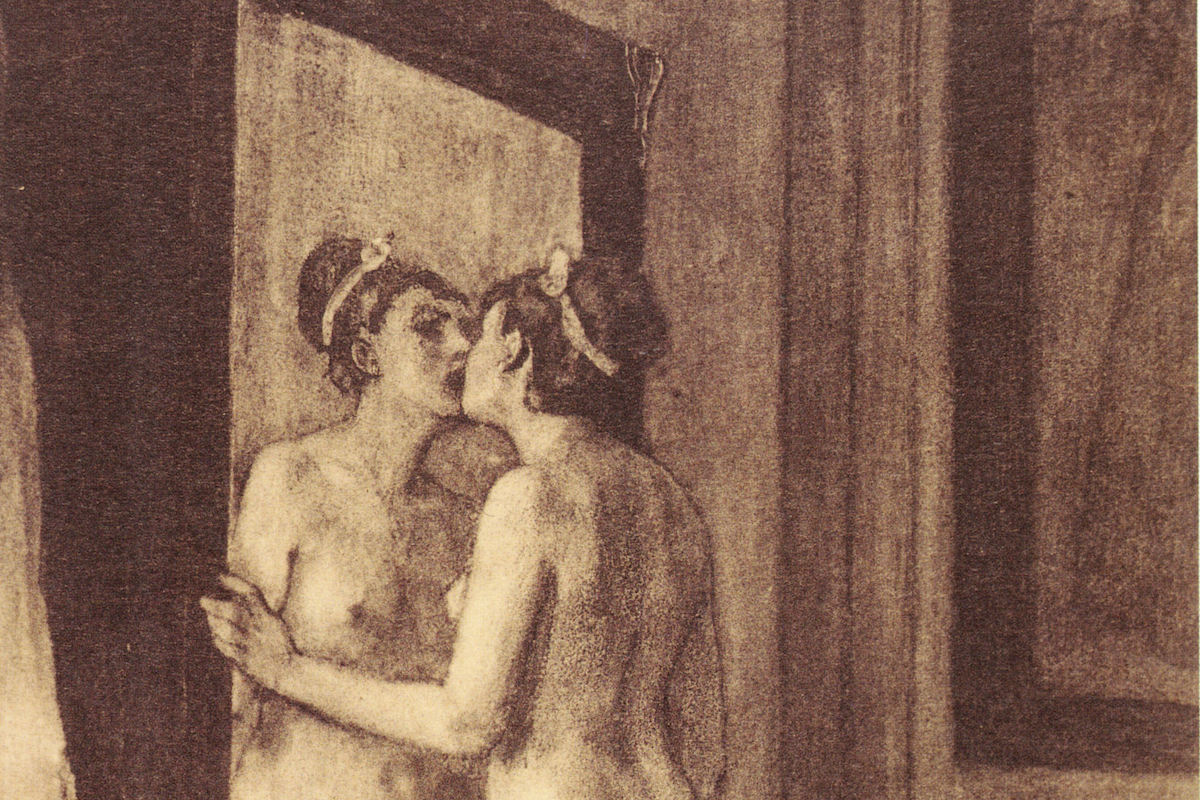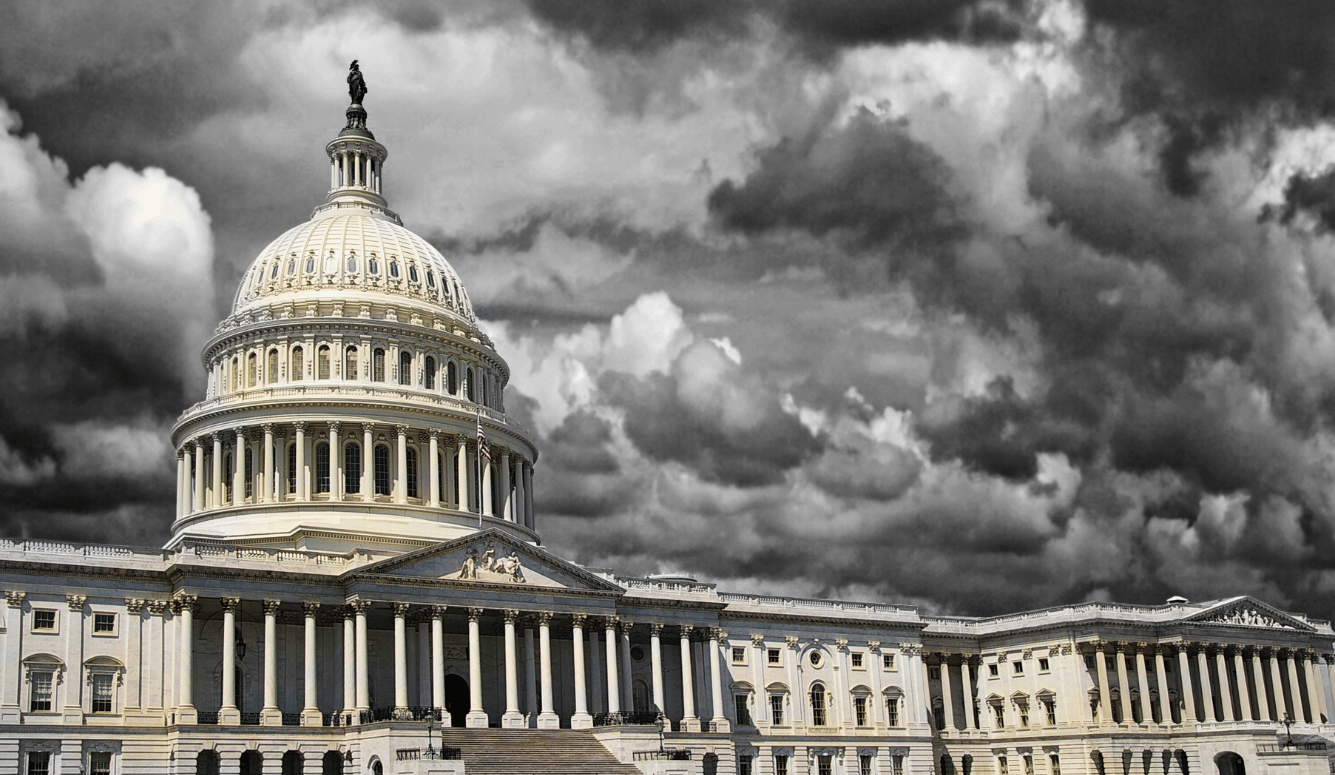recent
Party for One
Masturbation is a unique form of sex. It was frowned upon in some eras, tolerated in others, and celebrated in none.

Today, May 28, is National Masturbation Day. The holiday (if we may call it that) was so-named in 1995 by a San Francisco-based sex shop after U.S. Surgeon General Joycelyn Elders was forced to resign for suggesting that (among other things) masturbation should be included on sex-education curricula. It is expected that billions of men and women will honour the spirit of the day all over the world, though perhaps no more so than on the other 364 days of the year.
Masturbation is a unique form of sex. It was frowned upon in some eras, tolerated in others, and celebrated in none. Even today, the stigma endures. In Nova Scotia, a labour arbitrator just upheld a company’s decision to fire a man for masturbating in a bathroom stall at work. “The employee [was] warned about his behaviour two years earlier,” a news report informs us. However, the union argued that “he had not been properly warned because managers were too embarrassed to directly tell him what the complaints were about and instead spoke in euphemisms about ‘unusual noises.’”
In ancient Greece, masturbation was seen by some as a sort of divine gift. But ancient Judaism frowned on it, as did early Christianity. “The [man’s] seed is not to be vainly ejaculated…because of its divine institution for the propagation of Man,” wrote third-century theologian Titus Flavius Clemens (better known as Clement of Alexandria). And Aquinas, by one interpretation, thought masturbation to be worse than adultery or rape.
Then again, Christianity traditionally has held a gloomy view of all forms of sexuality. A man’s seed contains the whole future person, or so the thinking goes, and the woman’s womb traditionally was viewed only as a sort of garden in which the seed grew to become a baby. On this theory, wasting semen was a miniature form of homicide. It didn’t help that contraception (also a religious no-no) was furthered by masturbation—mutual or otherwise.
Surprisingly, though, the Bible gives no clear condemnation of masturbation. Puritans have seized on “the sin of Onan,” who spilled his seed rather than inseminate Tamar, his elder brother’s widow (Genesis 38: 8-10). But according to modern religious scholars, Onan’s real sin, such as it was, was violating a Jewish law that required a man to provide his brother’s widow with a son who would inherit his dead father’s property and care for his mother in old age. That is, Onan’s crime was that he enjoyed Tamar without embracing his duty.
In the Middle Ages, parents reportedly were wont to turn a blind eye to their sons expelling semen, because it made them less rambunctious. But when societies began to become transformed by the Industrial Revolution, masturbation was swept up in the larger trend toward panic mode. Masturbation was said to block a man’s urinary tract, incite laziness, and spread tuberculosis and gangrene. “Curative” therapies extended to iron chastity belts and even surgical removal of the clitoris or testicles for truly chronic masturbators.
In the late 19th century, an American doctor named John Harvey Kellogg (also the breakfast-cereal visionary) advocated an approach based on shaming. “The most loathsome reptile, rolling in the slush and slime of its stagnant pool, would not demean itself” by masturbating, he declared. (In fact, many animals do it.) The Rev. Sylvester Graham, a Presbyterian Minister, was even more strident, and claimed that losing semen was medically tantamount to blood loss.
Doctors often seemed more confused than their patients. Quacks diagnosed anxious women with “hysteria,” and purported to “cure” them by massaging their vulvas, which apparently caused “paroxysms of relief.” To modern observers, this would be sexual assault. But many doctors apparently found this practice to be tedious and unpleasant—and not even sexual in nature. A woman couldn’t have an actual orgasm, they reasoned, because she didn’t expel semen. Treatment could take more than an hour and cause hand cramps among physicians (which suggests they weren’t particularly good at it.) To spare them this shore, they encouraged the development of gadgets that would allow women to “treat” their “condition” at home.

The first models, on display at the Antique Vibrator Museum in San Francisco, were as big as a suitcase. But they were marketed discreetly. The Vibratile (1899) was reputedly “a cure for…everything!” Other mechanisms promised to “restore the joys of youth.” But there were daunting risks of malfunction.
Insofar as masturbation by men was discussed, it often was stigmatized as a mark of weak character. The 1960s sexual revolution changed that, however. Even some Catholic theologians began to express acceptance. Adolescent masturbation is only “child-talk” in “the [adult] language of sex” and therefore “normal… and good,” said Father Andre Guindon, a Catholic University of Ottawa professor, in his 1976 book, The Sexual Language. For adults, the practice can be of greater concern, he said—but not as bad as an addiction to TV. More recently, Margaret Farley, a Roman Catholic nun, wrote in Just Love: A Framework for Christian Sexual Ethics, that “Masturbation…usually does not raise any moral questions at all.” (Both theologians have borne the brunt of Vatican disapproval.)
Doctors now tell us that masturbation reduces stress, boosts the immune system and lowers the risk of cardiovascular disease. Terrifying myths have been debunked. In a 1970s-era book, The Yoga of Perfect Sight, Indian doctor R.S. Agarwal attacked the then somewhat common belief that masturbation “causes blindness.” Nor is it true that a person’s shoulder will be lower on the side of the hand used to masturbate—a myth that raised dark suspicions about aunts and uncles with spinal curvatures.
To some extent, masturbation even has taken on implicit feminist overtones. In her 1976 Hite Report: A Nationwide Study of Female Sexuality, American sex educator Shere Hite wrote of a hard-working single mother who reported that if she couldn’t masturbate at the end of the day, she’d “go mad.” Hite concluded that only 30 percent of women orgasm during intercourse, so 70 percent would be doomed to frustration if they could not achieve satisfaction alone—a form of despair which could undermine their marriages.
As far as government policy goes, the days of Bill Clinton deplatforming Joycelyn Elders seem like ancient history. In 2009, the British National Health Service office in Sheffield issued a leaflet urging teenagers to eat five portions of fruit and vegetables a day, and reported that “an orgasm a day keeps the doctor away.” Extremadura province in Spain launched a program to encourage “the discovery of self-pleasure” in teenagers aged 14 to 17. In Norway, a government-funded video taught kids how to masturbate, using plastic models of genitals.
In Sonnet 129, Shakespeare wrote of empty lust as “the expense of spirit in a waste of shame”—words that might be taken as a description of autoeroticism. Mark Twain applied a lighter touch. In a speech in 1879, he (dubiously) purported to quote Queen Elizabeth I as describing masturbation as “the bulwark of [my] virginity.” Canadian comedian David Steinberg said he feels guilty about masturbation—but only “because I do it so badly.” In a famous Seinfeld episode, George Costanza becomes an object of ridicule when his mother walks in on him becoming intimate with Glamour magazine. From her hospital bed (she had collapsed in a state of shock), she tells her abashed son: “I don’t understand you. I really don’t. You have nothing better to do at three o’ clock in the afternoon? I go out for a quart of milk, I come home, and find my son treating his body like it was an amusement park.”
Masturbation even has become the subject of philosophy, as with Alan Soble, formerly of the University of New Orleans, who has adapted Rousseau to the effect that masturbation is, in the mind’s eye, “the promiscuous rape of every man, woman, or beast to whom I take a fancy.” Indeed, we are perhaps not too far off from the day when masturbation once more enters the realm of thoughtcrime, because the underlying fantasies (formulated without anyone’s consent) might infringe upon the doctrines of #MeToo.
Not that such prohibitions would be any more effective than the writings of Aquinas at ending the practice. Masturbation is an ancient ritual, going back to the apes. Indeed, this solitary, half-shameful, half-rhapsodic act has rubbed itself into the very fabric of the human condition. It might not be a “cure for everything.” But what day cannot be improved without a visit to the amusement park?






